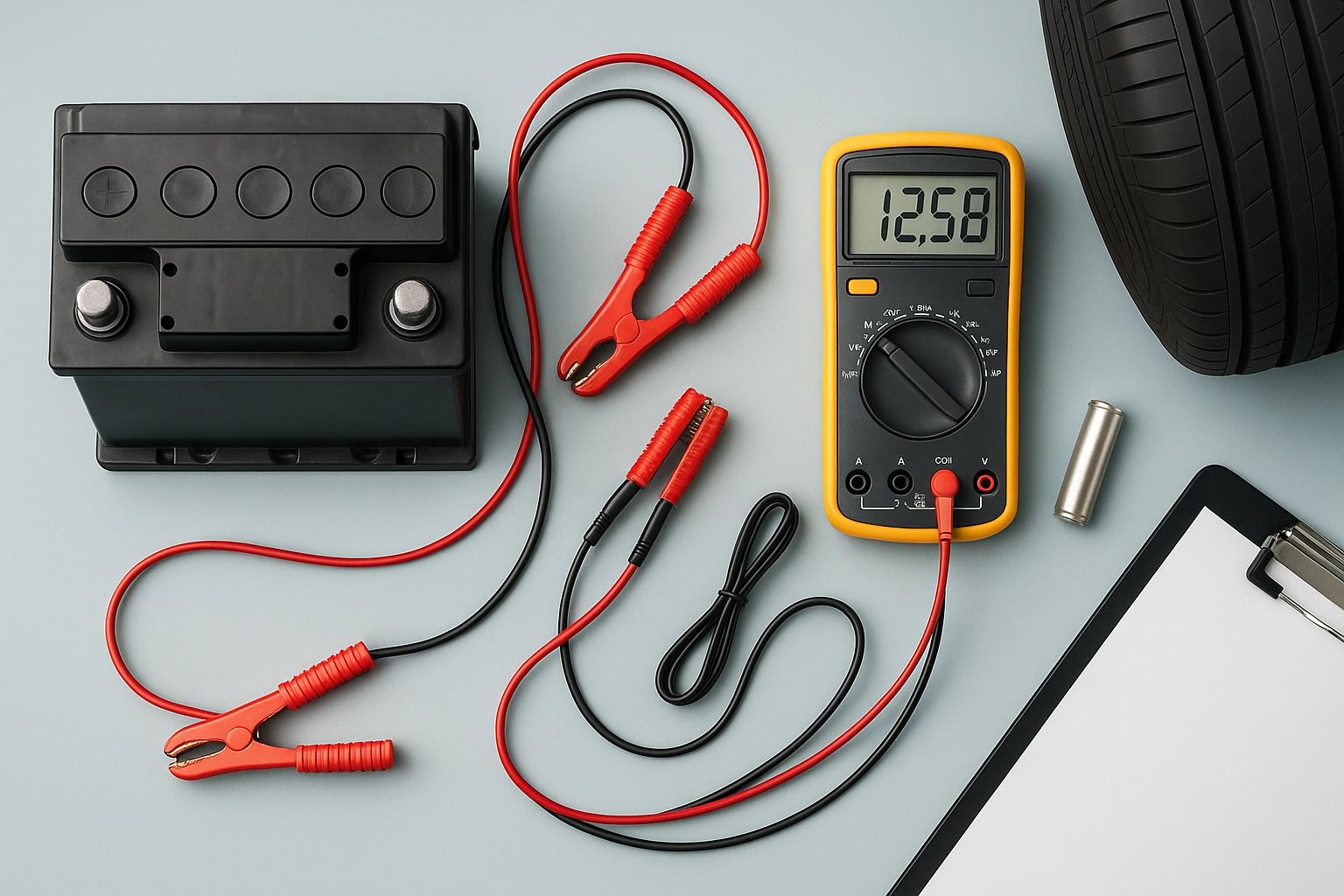ASTM D792 EV Battery Casing Density Test
The ASTM D792 standard is a widely recognized method used to determine the density of various materials, including those used in automotive components. In recent years, as electric vehicle (EV) technology has advanced, there has been an increasing need for precise measurements of battery casings to ensure both safety and performance standards are met. This section focuses on the ASTM D792 EV Battery Casing Density Test, which is crucial for quality assurance in automotive manufacturing.
The test involves measuring the density of a sample, typically from an EV battery casing, by determining its mass and volume. The formula used to calculate density is straightforward: Density = Mass / Volume. This method ensures that materials meet specific weight-to-volume ratios required for efficient energy storage and safe operation in electric vehicle applications.
The process begins with careful preparation of the sample. According to ISO standards, the specimen must be cut into small pieces or cubes of uniform size to ensure accurate measurements. These samples are then weighed using precision scales capable of measuring down to milligram levels.
The volume measurement is equally critical and involves submerging the sample in a liquid (usually water) and observing the displacement. The use of water allows for easy determination of volume based on the rise or fall of the liquid level when the object is submerged. This approach ensures that even irregularly shaped samples can be accurately measured.
Once both mass and volume are determined, they are used to calculate density according to ASTM D792 guidelines. The results provide critical insights into material selection for battery casings in EVs, helping manufacturers ensure optimal performance under various operational conditions.
The significance of this test cannot be overstated. By adhering strictly to ASTM standards, automotive companies can maintain high levels of quality and reliability in their products. This testing procedure is essential for compliance with international regulations governing the safety and efficiency of electric vehicles.
| Industry Applications | Description |
|---|---|
| Automotive Manufacturing | Determining the density of battery casings to ensure they meet stringent performance requirements for electric vehicles. |
| R&D and Quality Control | Evaluating new materials or designs before mass production to identify potential issues early in the development process. |
Ensuring compliance with international safety standards for EVs.
Improving battery casing design and performance through precise material density measurements.
The precision of ASTM D792 testing is vital not only in the automotive sector but also across industries where dense materials play a key role. By employing this method, manufacturers can enhance product quality, reduce waste, and improve overall efficiency—all crucial factors in today's competitive market environment.
Industry Applications
| Application | Description |
|---|---|
| R&D for New Battery Designs | Evaluating the suitability of new materials and structures before they are incorporated into mass production. |
| Compliance with EV Safety Regulations | Ensuring that all components meet regulatory requirements, particularly those related to battery safety in electric vehicles. |
Determining the optimal material for enhancing battery casing strength and durability.
Evaluating different manufacturing processes to improve efficiency without compromising on quality.
The ASTM D792 EV Battery Casing Density Test plays a pivotal role in these applications, ensuring that every component of an electric vehicle meets the highest standards for safety and performance.
Eurolab Advantages
Our laboratory offers comprehensive services tailored to meet the unique needs of automotive manufacturers. With state-of-the-art facilities and experienced professionals, we provide precise ASTM D792 testing that is both accurate and reliable. Our team uses cutting-edge technology and adheres strictly to international standards.
We offer several key advantages:
Accurate and consistent results using the latest equipment and methodologies.
Fast turnaround times for timely delivery of reports.
Detailed analysis and expert interpretation of test data to guide decision-making processes.
In addition, our experienced staff can provide valuable insights into how these tests impact overall product quality and safety. By choosing Eurolab, automotive manufacturers gain access to robust testing capabilities that enhance their reputation in the industry.
Competitive Advantage and Market Impact
The precision provided by our ASTM D792 EV Battery Casing Density Test offers significant competitive advantages in the rapidly evolving electric vehicle market. By ensuring that all components meet stringent quality standards, manufacturers can build trust with consumers who are increasingly concerned about safety and performance.
Enhanced Product Safety: Ensuring that materials used in battery casings comply with international safety regulations.
Increased Efficiency: Precise measurements lead to optimized use of resources, reducing waste and improving overall production efficiency.
Moreover, adherence to ASTM D792 standards contributes positively towards a company's reputation as an industry leader in innovation and quality. This can translate into increased market share and customer loyalty, making the test an invaluable tool for staying ahead of competitors.
The impact on the broader market is equally important. By setting a high bar for material density testing, we contribute to raising standards across the entire automotive sector. This collective effort towards excellence benefits consumers by providing safer, more reliable electric vehicles.





